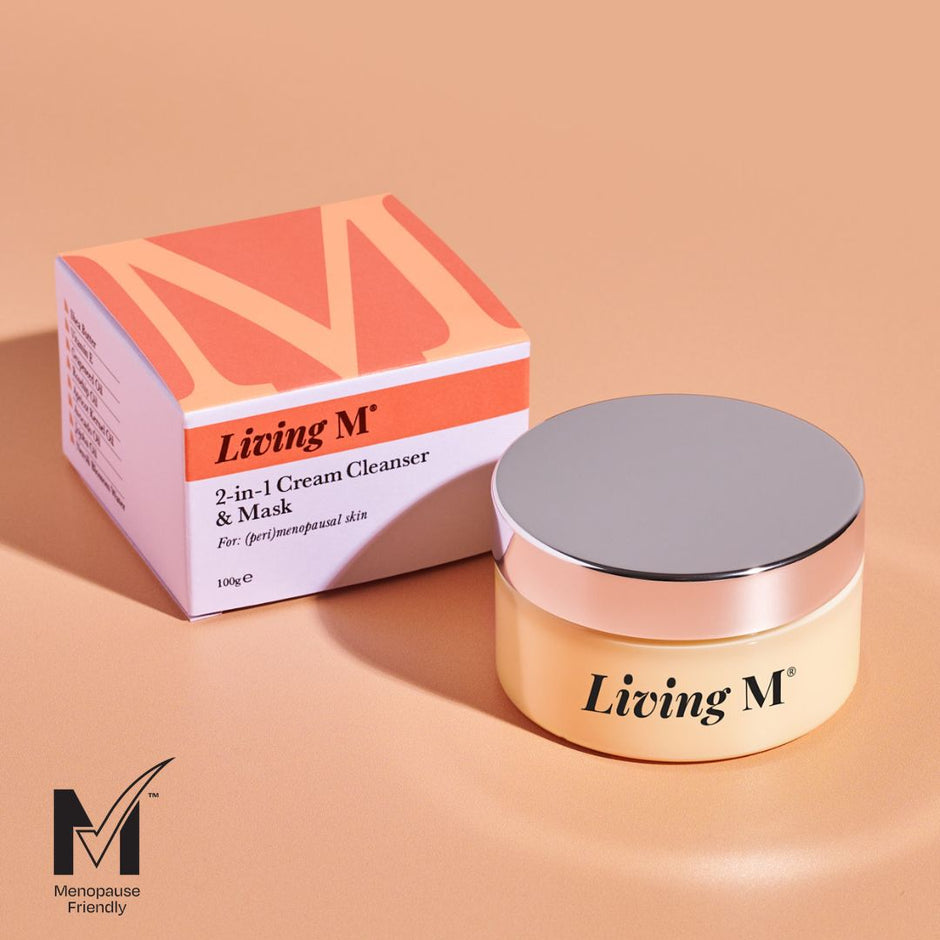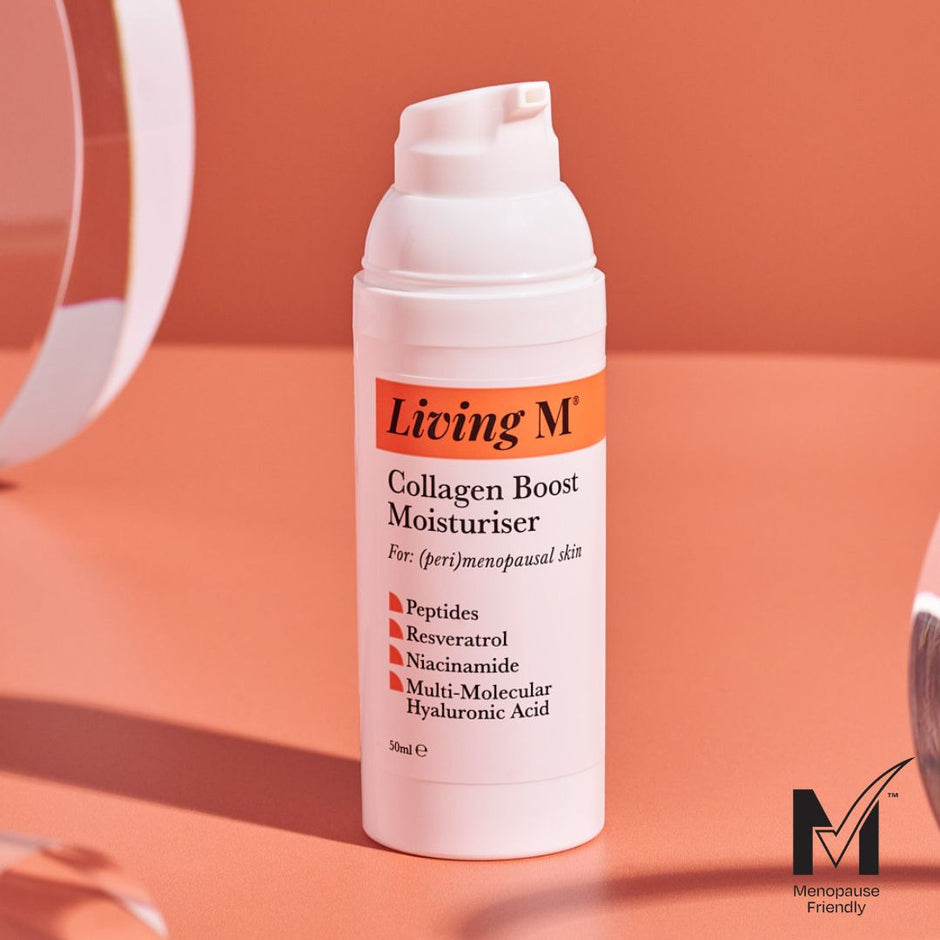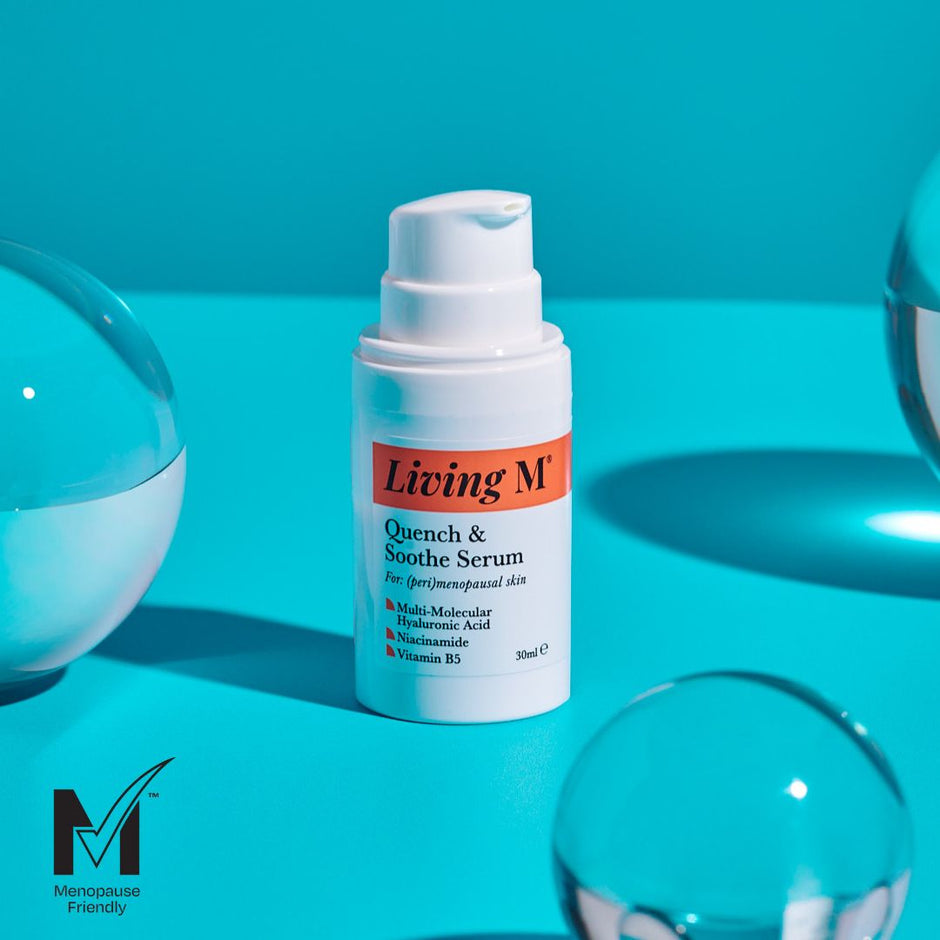Strength training has incredible benefits for midlife women. Our co-founder Caroline has recently started after a lifetime of cardio and found it transformational in so many ways including managing her menopause. “I hit perimenopause in my late 40’s and felt terrible. I had always exercised – a lot of running, boxing classes – only really cardio. I also ate a low carb diet as did so many of my friends. When I hit perimenopause, this combination just left me exhausted and burnt out and I was gaining weight. So, I started lifting weights (and eating more carbs!) and it has honestly transformed the way I feel.
I am fitter, happier and healthier at 50 than ever before since starting strength training.
The benefits go beyond the physical effects – as well as gaining muscle and losing fat it has also helped me sleep better and reduced hormonal symptoms like anxiety and brain fog. Focussing on getting stronger and fuelling my body feels really positive and I know it’s the best way to protect my health for the future.”
Here, Alice Reavley from Body Mentors looks how strength training can support women through menopause.
Menopause can be a time of challenge for many women, but it is important to remember that it is a natural process. I believe strength training presents a great opportunity to meet this process head on – giving you the ability to take control of your body, improve your self-confidence, and feel empowered. In doing so, we hope to help banish some of the negative stigma that still exists around this important topic.
“We know all exercise is good for perimenopause and menopause, but there are specific workouts we put on there for specific things. All I want you to do is just enjoy it.”- Davina McCall with Dr Naomi Potter in ‘Menopausing - The positive roadmap to your second spring’.
It’s known that perimenopausal and menopausal women are one of the most susceptible demographics to loss of bone density. Alongside our natural decline of muscle mass as we age, this combined effect can result in a lower mood and issues with anxiety. With a structured training programme, you can combat these two effects head-on. I have seen first-hand what a positive impact strength training can have.
Strength training and weight bearing exercises can directly increase bone density, allowing us to directly combat the natural decline.
Compound exercises such as squats, deadlifts, and presses can help improve mental wellbeing.
A training programme can also contribute to an improved hormone balance, which can help to alleviate the emotion and stress placed on your body as it goes through this time of change.
Working with a personal trainer can help you improve your balance, coordination, flexibility, and posture. All factors which can help contribute to making everyday tasks away from the gym, a lot easier.
Long-term benefits of strength training are not just limited to your physical appearance either – you’ll find an improved mental strength too. I’ve worked with many clients who are surprised at quite how impactful training is, away from the gym. Surpassing expectations of what you thought your body was capable of works wonders for your self-confidence, in all areas of life.
“It's a time of liberation, it's a time of shedding the shackles of inhibition and of giving a damn.” - Davina McCall with Dr Naomi Potter in ‘Menopausing - The positive roadmap to your second spring’.
For more information visit www.bodymentors.co.uk
Alice is a certified personal trainer with Body Mentors. Her fitness journey began with a personal lifestyle change, sparking a deep passion for strength and conditioning. Having completed five marathons, including London, Brighton, and Paris, she brings a wealth of endurance and determination to her approach in supporting midlife women.




